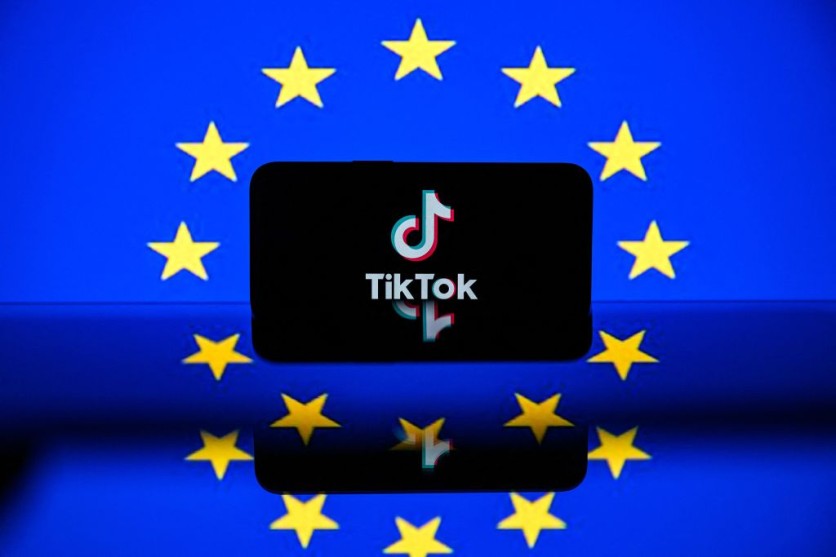TikTok has taken a stand against an EU fee aimed at enforcing a content moderation law, mirroring a recent move by Meta, the parent company of Facebook, according to a report by AFP.

Very Large Online Platforms
The popular video-sharing platform finds itself among the "very large" online platforms mandated to adhere to stricter regulations outlined in the EU's new Digital Services Act (DSA).
Under the DSA, these designated firms are required to contribute financially to the enforcement of the regulations by paying fees to the European Commission, the executive arm of the EU.
However, TikTok has contested the methodology used to calculate these fees, asserting that it disagrees with the basis for determining the total amount. The platform expressed particular dissent over the utilization of third-party estimates regarding its monthly active user numbers.
Despite its opposition, TikTok confirmed its compliance by paying the required fees last year, although it continues to challenge the process. With an average of 125 million monthly active users in the EU last year, TikTok's disagreement with the fee calculation underscores its commitment to addressing what it perceives as unfair practices.
The DSA legislation mandates online platforms to assume greater responsibility in policing content and enhancing protections for online consumers against fraudulent activities.
The commission clarified that the fee structure is proportionate to the size of the service, determined by factors such as the number of EU users, with an overarching ceiling set to prevent excessive financial burdens on providers.
Meta, the parent company of Facebook, also voiced disagreement with the methodology employed to calculate the fees, echoing TikTok's concerns. The DSA, effective for major companies since last year, is poised to extend its reach to all firms starting February 17, 2024.
Meanwhile, the EU is also grappling with legal challenges from other online retailers, such as Amazon and Zalando, who contest their classification as "very large" platforms.
Read Also : TikTok vs. Universal Music: Songs by Top Artists Like Taylor Swift Will No Longer Be Available on TikTok
TikTok's Rift With UMG
In a separate development, the rift between TikTok and Universal Music Group (UMG) has reverberated throughout the platform, disrupting its well-known ecosystem of viral trends and user-generated content.
TikTok's decision not to renew licensing agreements with UMG has resulted in the sudden removal of a significant portion of UMG's music catalog from the platform.
This move carries considerable ramifications, considering TikTok's profound influence on shaping global music trends and serving as a crucial platform for music discovery. The absence of UMG's repertoire poses challenges to content creators and trends that heavily rely on popular music tracks.
UMG's maneuver reflects a belief that TikTok will eventually return to the negotiation table with a more favorable agreement, underscoring the intricate dynamics between major music labels and digital platforms.
Related Article : TikTok Wants Horizontal Videos Like YouTube, Incentivizes Creators for New Format Uploads

ⓒ 2026 TECHTIMES.com All rights reserved. Do not reproduce without permission.




